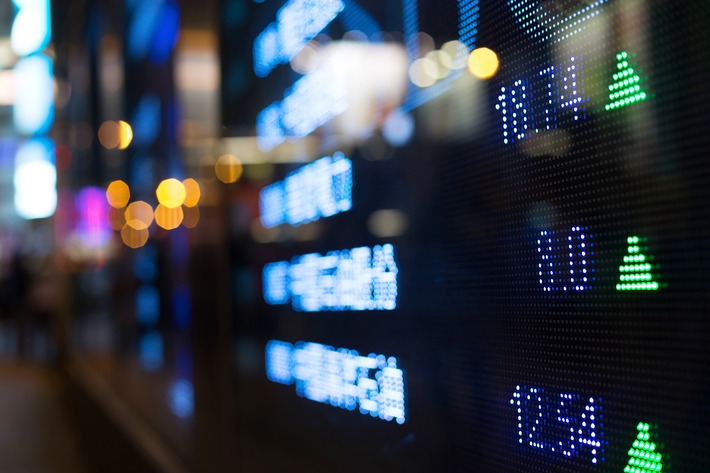Asian stocks slumped on Friday with investor confidence hit by poor data out of China intensifying worries about global growth.
China’s gross domestic product slowed sharply in the second quarter, highlighting the colossal toll on activity from widespread Covid-19 lockdowns.
That, added to surging inflation in the US and the prospect of severe Fed rate hikes in the months ahead, deepened the air of gloom across trading floors at the end of the week.
Read more: China Growth Plunged Last Quarter as Headwinds Cloud Outlook
The outlier was Japan where the Nikkei share average ended higher for the third straight session in subdued trade, led by gains in Uniqlo parent Fast Retailing and video game maker Nintendo, while fears of an economic slowdown limited gains.
The Nikkei share average closed up 0.54% at 26,788.47, after moving sideways for most of the session. The broader Topix index was down 0.03%. Nikkei ended the week 1.02% higher, while Topix was up 0.27%.
The focus is now on the release of a US retail sales report later in the day. Some market participants said that stock prices are likely to react negatively if the data indicates negative effects of inflation.
China’s annualised 0.4% growth in the second quarter was the worst since at least 1992, excluding early-2020 when the pandemic erupted.
The data sent Chinese shares lower and dragged an Asian ex-Japan index to two-year lows, while signs of property sector stress weighed on Hong Kong-listed developers.
The Shanghai Composite Index dipped 1.64%, or 53.68 points, to 3,228.06, while the Shenzhen Composite Index on China’s second exchange dropped 1.49%, or 32.70 points, to 2,159.99.
The Hang Seng Index dropped 2.19%, or 453.49 points, to 20,297.72.
Global Recession Fears Intensify
Elsewhere across the region, Philippine stocks were down as much as 1.9% to hit their lowest since June 24 but Indian stocks edged ahead with Mumbai’s signature Nifty 50 index up 0.37%, or 59.30 points, at 15,997.95.
Globally, stocks attempted a recovery after four days of losses caused by mounting fears of economic downturn, even though those growth concerns were fanned further by the data showing a sharp slowdown in China.
Markets enjoyed some relief from selling after two Fed policymakers on Thursday hosed down bets on an aggressive 100 basis-point (bps) interest rate rise this month.
But they did not dispel fears that central banks’ drive to get on top of galloping inflation will wallop the global economy.
“The recession angle is becoming stronger, backed by data showing things are cracking underneath the surface,” Salman Ahmed, global head of macro at Fidelity International.
Iron Ore, Brent Crude Fall
Bets had grown the Federal Reserve could raise rates by a full percentage points this month, following US data showing a 9.1% inflation print. But Fed Governor Christopher Waller and St Louis Fed President James Bullard, generally considered policy hawks, said on Thursday they favoured a 75 bps move.
The Chinese data also sent iron ore prices down 9.1%, while Brent crude futures fell $1 to $94.8 a barrel.
Bonds remained in demand, with US Treasury yields falling around three bps across the curve. Two-year yields held around 17 bps above the 10-year segment, the so-called curve inversion that often presages recession.
The euro was flat, recovering slightly from two-decade lows around $0.9952, having slid 1.5% this week and having hit parity against the greenback for the first time in 20 years.
The yen, meanwhile, hurtled towards 140 per dollar, and last traded at 138.8, and the dollar index eased a touch.
Key figures
Tokyo – Nikkei 225 > UP 0.54% at 26,788.47 (close)
Hong Kong – Hang Seng Index < DOWN 2.19% at 20,297.72 (close)
Shanghai – Composite < DOWN 1.64% at 3,228.06 (close)
New York – Dow < DOWN 0.46% at 30,630.17 (Thursday close)
- Reuters with additional editing by Sean O’Meara
Also on AF:
China Shares Nosedive Despite Assurances Amid Mortgage Protests
China PBOC Sticks With Medium-Term Rate For Sixth Month
























